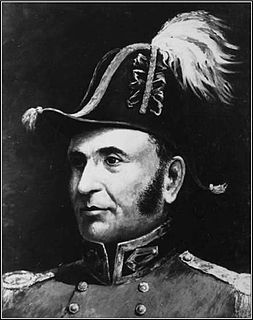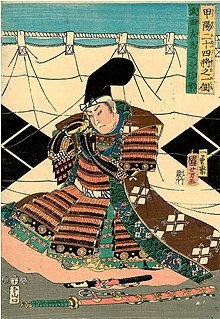A Quote by Zhuangzi
Paraphrased: When Chuang Tzu was about to die, his disciples began planning a splendid funeral. However some disciples expressed concern that given a particular arrangement, birds and kites would eat his remains. Chuang Tzu replied, "Well, above ground I shall be eaten by crows and kites, below it by ants and worms. What do you have against birds?
Related Quotes
Once Chuang Chou dreamt he was a butterfly, a butterfly flitting and fluttering around, happy with himself and doing as he pleased. He didn't know he was Chuang Chou. Suddenly he woke up and there he was, solid and unmistakeable Chuang Chou. But he didn't know if he was Chuang Chou who had dreamt he was a butterfly, or a butterfly dreaming he was Chuang Chou.
I don't know! Nobody has ever known. Why would Jesus have remained unmarried if he had known the secret? He knew the secret of the kingdom of God, but he did not know the secret of remaining happy in marriage. He remained unmarried. Mahavira, Lao Tzu Chuang Tzu, they all remained unmarried for the simple reason that there is no secret; otherwise these people would have discovered it. They could discover the ultimate - marriage is not such a big thing, it is very shallow - they even fathomed God, but they could not fathom marriage.
What is the influence of Sun Tzu in the world today? Perhaps there are others who are better qualified than I to speculate about that question. Sun Tzu's ideas, as expressed in his famous treatise, have undoubtedly influenced the nature of many revolutionary movements that are arrayed against more powerful forces, and in some cases - as in Vietnam - have played a useful role in bringing about success. But such ideas are always in conflict with other deepseated emotional factors, which propel dissident movements into the rampant use of terrorism and other forms of anarchistic struggle.
At this time there was a wise man who was called Jesus. And his conduct was good, and [he] was known to be virtuous. And many people from among the Jews and the other nations became his disciples. Pilate condemned him to be crucified and to die. And those who had become his disciples did not abandon his discipleship.
It's as if, for Schopenhauer and perhaps Kant, the mind is there up and running, equipped with its categories and concepts that it then projects or smears, as it were, over what impinges upon it from the outside. This is not the image you find in, for example, Chuang Tzu: minds and nature are inseparably fused in an ever-changing whole of experience that, so to speak, constantly wells up from an indescribable source in a process that Daoists call 'the way' or 'the course'.
Chaung Tzu was one of the most natural men the world has seen. He has not given any discipline, he has not given any doctrine, he has not given any catechism. He has simply explained one thing: that if you can be natural and ordinary, just like the birds and trees, you will blossom, you will have your wings open in the vast sky.
Tzu Li went to see Tzu Lai who was dying. Leaning against the door, he said, 'Great is the Creator! What will he make of you now? Will he make you into a rat's liver? Will he make you into an insect's leg?' Tzu-Lai replied, 'The universe gave me my body so I may be carried, my life so I may work, my old age so I may repose, and my death so I may rest. To regard life as good is the way to regard death as good. . . . If I regard the universe as a great furnace and creation as a master foundryman, why should anywhere I go not be all right?'


































